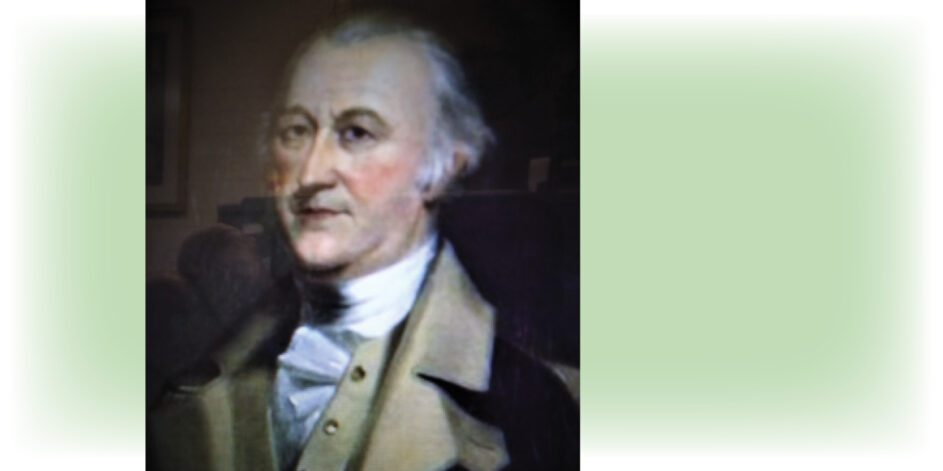On a quiet hill on Buttermilk Road, Mt. Pleasant Baptist Church overlooks Hardin Valley. While the original building is long since gone, its original church bell is preserved next to the church’s graveyard, formerly known as Hickory Creek Cemetery.
The cemetery dates back to the turn of the 18th and 19th centuries and is the resting place of the man for whom Hardin Valley is named, Col. Joseph Abraham Hardin. His monument describes him as a farmer, soldier and statesman. It further states that he was “a strict Presbyterian, stern and fearless in discharge of duty, loved and trusted by his friends, feared by his enemies.”

Hardin was born in Henrico County, Virginia, on April 18, 1734. He married Jane Gibson in 1761 in Knox Creek, Virginia, and together they commenced to increase and multiply to a brood of 15 children, with nine sons and six daughters. Their journey to West Knox County took them through North Carolina, what was then the Southwest Territory and the brief State of Franklin to what is now East Tennessee.
Col. Hardin had a long life of military service, first in the British Colonial Militia fighting against Native Americans, and he lost three of his sons to those conflicts. From 1765 to 1774, he was a cavalry captain with the North Carolina Light Horse Rangers. In 1775 he joined up with his fellow rebellious colonists as a major in the North Carolina militia. From 1776 through 1784, he was a lieutenant colonel with the North Carolina minuteman. He distinguished himself in battle at Ramsour’s Mill in North Carolina and alongside John Sevier and the Overmountain Men at King’s Mountain in South Carolina in 1780.
Hardin was an assemblyman and provincial congressman for the North Carolina colony and was instrumental in organizing North Carolina’s lands west of the Appalachian Mountains. He was made colonel of the western counties of North Carolina (upper East Tennessee) in 1784, just in time to become a co-founder and speaker of the house for the failed State of Franklin. His military service ended in 1888.
“The Colonel,” as he was often called, served as a justice of the peace in Tryon and Washington counties in North Carolina and Greene County, Tennessee. He became a trustee of Greeneville (Tusculum) College. He made his way to Knox County as he served as an assemblyman for the First Territorial Assembly of the Southwest Territory in Knoxville.
As with most Revolutionary War soldiers, Hardin was paid for his service in land grants, which totaled over 8,000 acres, 3,000 of which he never laid eyes on. Located in West Tennessee just north of the Alabama border, there was never a good moment during his lifetime to strike out for his land along the Tennessee River on its northward track to Kentucky. He died on July 4, 1801. His wife and many members of his family are buried at Hickory Creek with him. Incidentally, Hardin is the great grandfather of notorious gunslinger and outlaw John Wesley Hardin.
In the late spring of 1816, two parties left Knox County to scout Hardin’s land grant in West Tennessee. One was led by Hardin’s son, Joseph Jr., along with another of his sons, James. They finally arrived near what is now Savannah, Tennessee, that July. Savannah is the seat of Hardin County, named for their father who never saw it.
Beth Kinnane is the community news editor for KnoxTNToday.com

